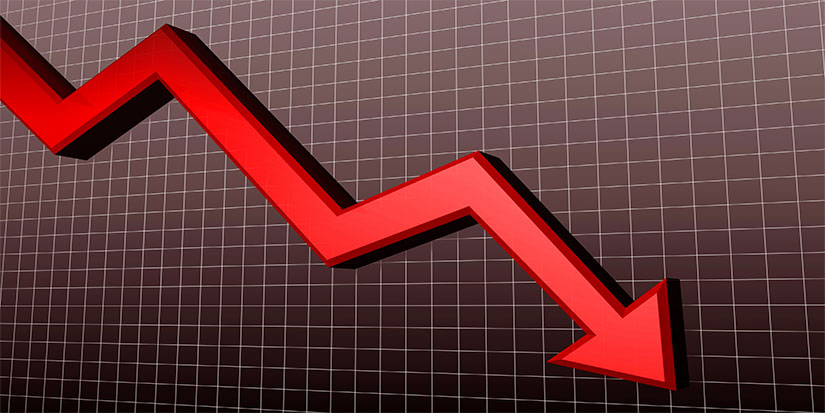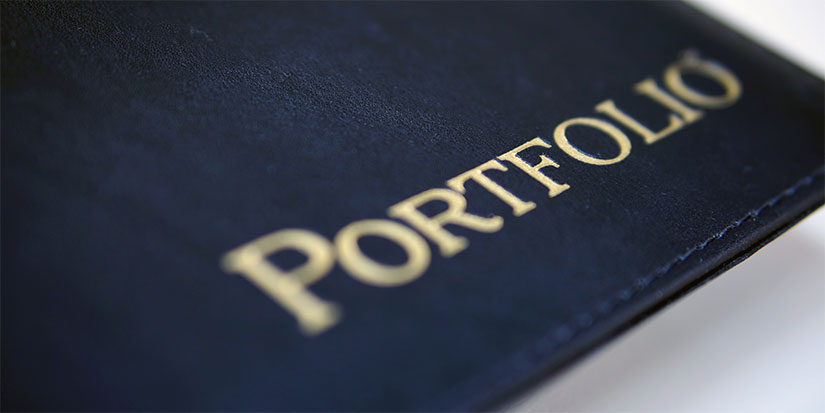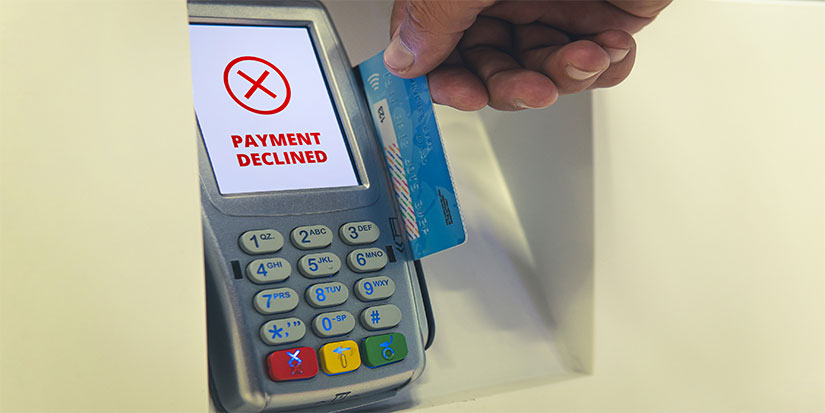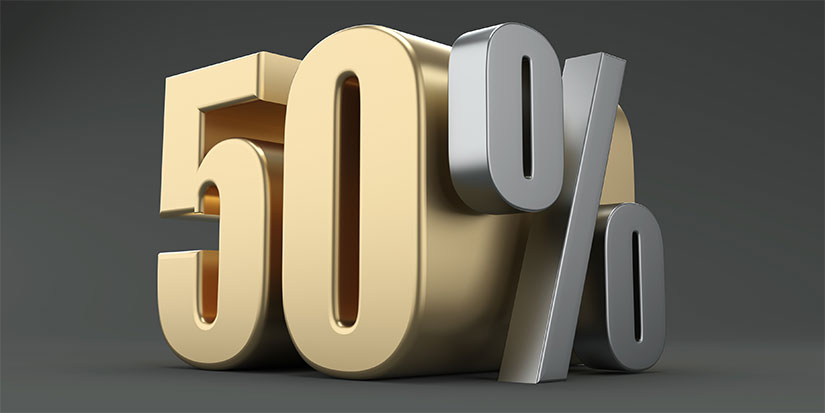
The Long-Awaited Correction
Last week may have been a surprise to most, but it was not a surprise to those who read my newsletters.
Build a Portfolio That Helps You Stay Invested
The pressure to create a strong portfolio that will support you as you approach retirement can be overwhelming.
Maxing Out Your Credit Cards
I thought I knew a lot about credit cards, and then this happened.
A few months ago, I was buying expensive furniture for the new house. I have a $30,000 credit limit, already had a balance of $15,000 or so, and then charged another $17,000 on the card. The transaction was denied, and I had to use a different card. No big deal.
Then, the next month, I saw my credit score—it had dropped by 80 points! And it has never fully recovered.
Apparently, if you exceed the limit on any of your credit cards, the gnomes at the credit reporting agencies don’t take kindly to this. I had no idea there would be consequences. Learn something new every day.
I’ll tell you something else that I learned. The credit reporting gnomes also don’t like it if you carry big balances, even if you pay them off by the end of the month. I’ve been buying lots of furniture and art, regularly using up most of my available credit, and my score has been suffering. This I knew, intellectually—a big part of your credit score is debt utilization, and if you’re using up a lot of your available credit, your score will go down even if you pay it off every month. Really, what the gnomes like to see is a big credit limit (and you practically using none of it).
Which is a little counterintuitive, right? If someone has demonstrated that they can run up a big balance and then pay it off, and do it routinely, wouldn’t that result in a higher credit score? Apparently not. I guess the gnomes think that if you are constantly running up big balances, then you have a spending addiction or something like that. In my case, the big balances are temporary—once I have the house furnished, I will stop spending.
My credit score is still about 780 or so, which is pretty terrible considering I’ve never missed a payment. Paying on time and debt utilization are the two biggest inputs to your credit score, in case you were wondering. And in case you were wondering, one missed payment could cause your score to go down 70–100 points. So don’t do that.
The Lowdown on Credit Cards
I talk a lot about credit cards in No Worries—I have a whole chapter devoted to them. If you haven’t read the book (shame on you!), here are the basics…
Credit cards are a convenient way to pay for things, nothing more.
The problem with credit cards is that you can lose track of how much you are spending over the course of a month.
The good news is that now we have credit card apps. You can go in the app every day if you want and check your balance. So, there should be no surprises at the end of the month. Before the internet, people had surprises at the end of the month.
I prefer to pay cash for things, for a bunch of reasons, but cash is impractical for buying outdoor furniture on Pottery Barn.
One nice thing about credit cards is that you get points or miles. Great! But I would not get too excited about the points or miles. First, you’re typically only getting back about 1% of what you spend, and it doesn’t amount to much. And second, if you’re carrying a balance and paying interest, it completely voids any benefit you’re getting from the points. You’re paying 21% in interest and getting 1% back in points. So, a lot of people get really excited about points or miles and end up costing themselves more money in the long run. Also, have you ever noticed that all the credit card commercials are about points or miles? When was the last time you saw one advertise that they had the lowest interest rate? Never!
The points are good for someone like me because I have the cash flow to pay back a large balance at the end of the month, and I’m disciplined about it. I rack up points and miles constantly. And the other thing about points and miles is that you have to spend them. A lot of people let them pile up and never spend them, and they either expire or inflation takes hold and the issuers devalue the benefits. You’ve probably noticed that it takes a lot more miles to get a free flight than it used to. There is inflation in everything.
That’s the quick credit card primer, but there is a lot more to it, if you’re interested in reading No Worries. 4.8 stars on Amazon—pick one up, and then give it to your kids or your nieces or nephews. It’s a fun read, trust me.

Jared Dillian, MFA
P.S. I recorded a new mix last week, and it’s a good one. A little dark for a summer mix, but it will make you happy. That’s what I try to do. Go here to listen to “The Deep.”
|

Chunky Revenue Streams
My job is to write newsletters. I get paid pretty much every day of the year, as new subscriptions and renewals come in. It is a fairly steady revenue stream.

We’re a Nation of Gamblers
The United States is the only place in the world where people routinely put the bulk of their savings in the stock market without knowing much, if anything, about how markets work.
